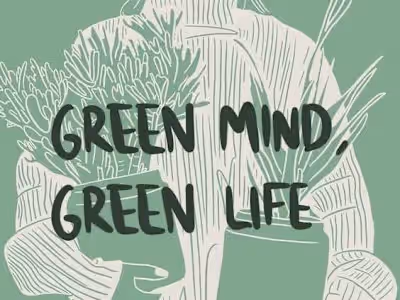The Role of Music Therapy in Healing
What is Music Therapy?
Music therapy is a clinical and evidence-based practice where music is used to address physical, emotional, cognitive, and social needs of individuals. It involves a trained music therapist who uses music interventions to achieve therapeutic goals.
**Historical Background**
Music has been used for healing since ancient times. Cultures across the world have used music in rituals and healing practices. The formal field of music therapy began to develop in the 20th century, particularly after World War II when musicians played for veterans suffering from physical and emotional trauma.
How Does Music Therapy Work?
Music therapy can involve various activities such as listening to music, singing, playing instruments, and composing music. These activities can help in:
- **Reducing Stress and Anxiety**: Music can lower cortisol levels, which helps reduce stress.
- **Improving Mood**: Music can trigger the release of dopamine, a neurotransmitter associated with pleasure.
- **Enhancing Cognitive Function**: Activities like playing an instrument can improve memory and cognitive skills.
- **Physical Rehabilitation**: Music can aid in motor skills development and coordination.
- **Emotional Expression**: Music provides a safe outlet for expressing emotions.
**Applications of Music Therapy**
- **Mental Health**: Used to treat conditions like depression, anxiety, PTSD, and schizophrenia.
- **Physical Rehabilitation**: Helps patients recover motor skills and coordination after strokes or injuries.
- **Pediatric Care**: Assists children with developmental disorders like autism.
- **Geriatric Care**: Improves quality of life for elderly patients, including those with dementia.
- **Pain Management**: Used in hospitals to help patients manage pain and discomfort.
**RESEARCH & EVIDENCE**
Numerous studies have shown the effectiveness of music therapy. For example:
- A study published in the *Journal of Music Therapy* found that music therapy significantly reduced symptoms of depression.
- Research in the *American Journal of Hospice and Palliative Medicine* indicated that music therapy improved the quality of life for terminally ill patients.
**CASE STUDIES!**
- Stroke Recovery: Patients who engaged in rhythmic auditory stimulation (a type of music therapy) showed improved gait and motor function.
- Autism: Children with autism who participated in music therapy sessions showed improvements in social interaction and communication skills.
In conclusion,
Music therapy is a powerful tool that can aid in healing across various domains. Its ability to connect with individuals on an emotional level makes it a unique and effective therapeutic approach.
Like this project
Posted Jul 29, 2024
I explained how music can be therapy physically & mentally!
Likes
0
Views
0



